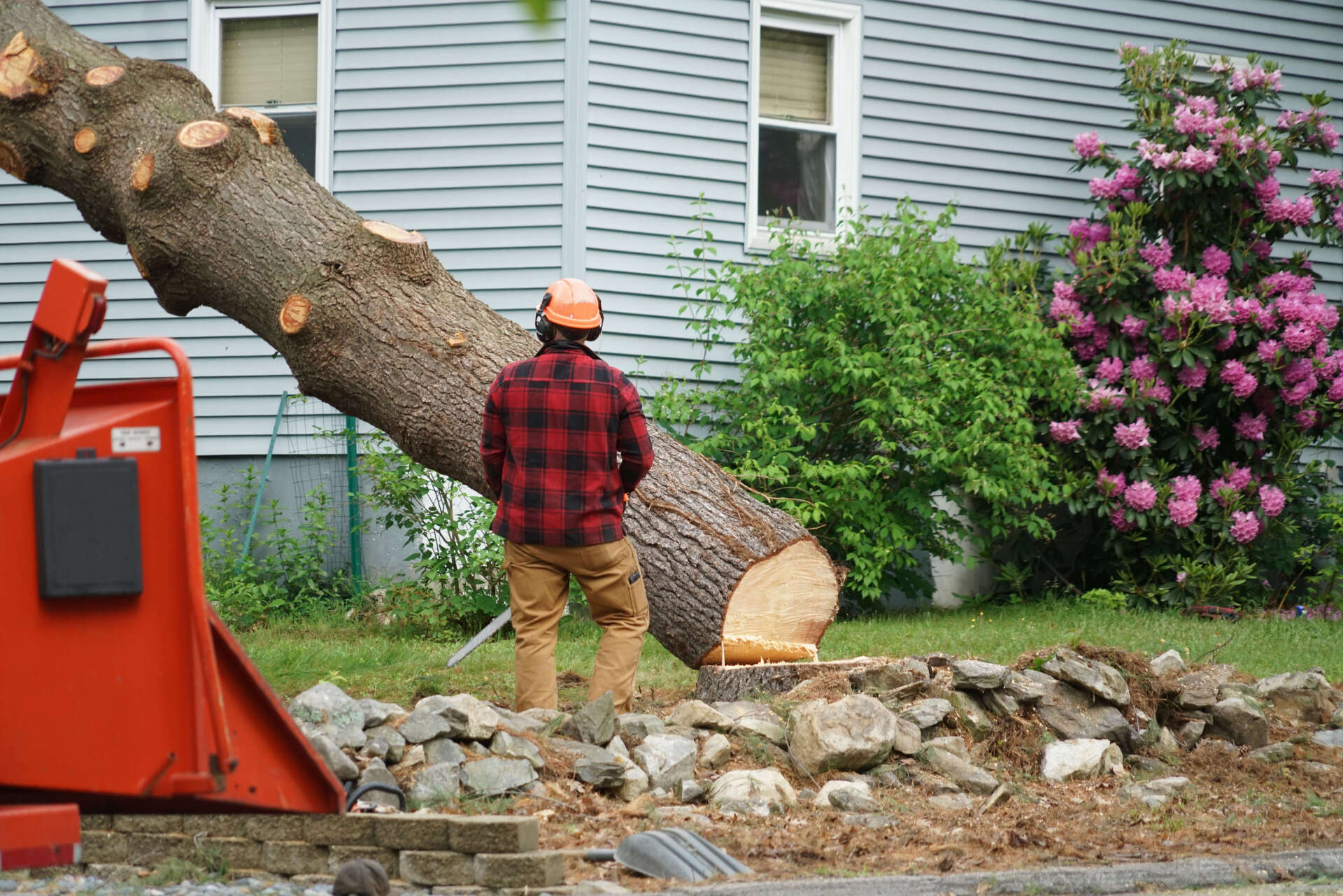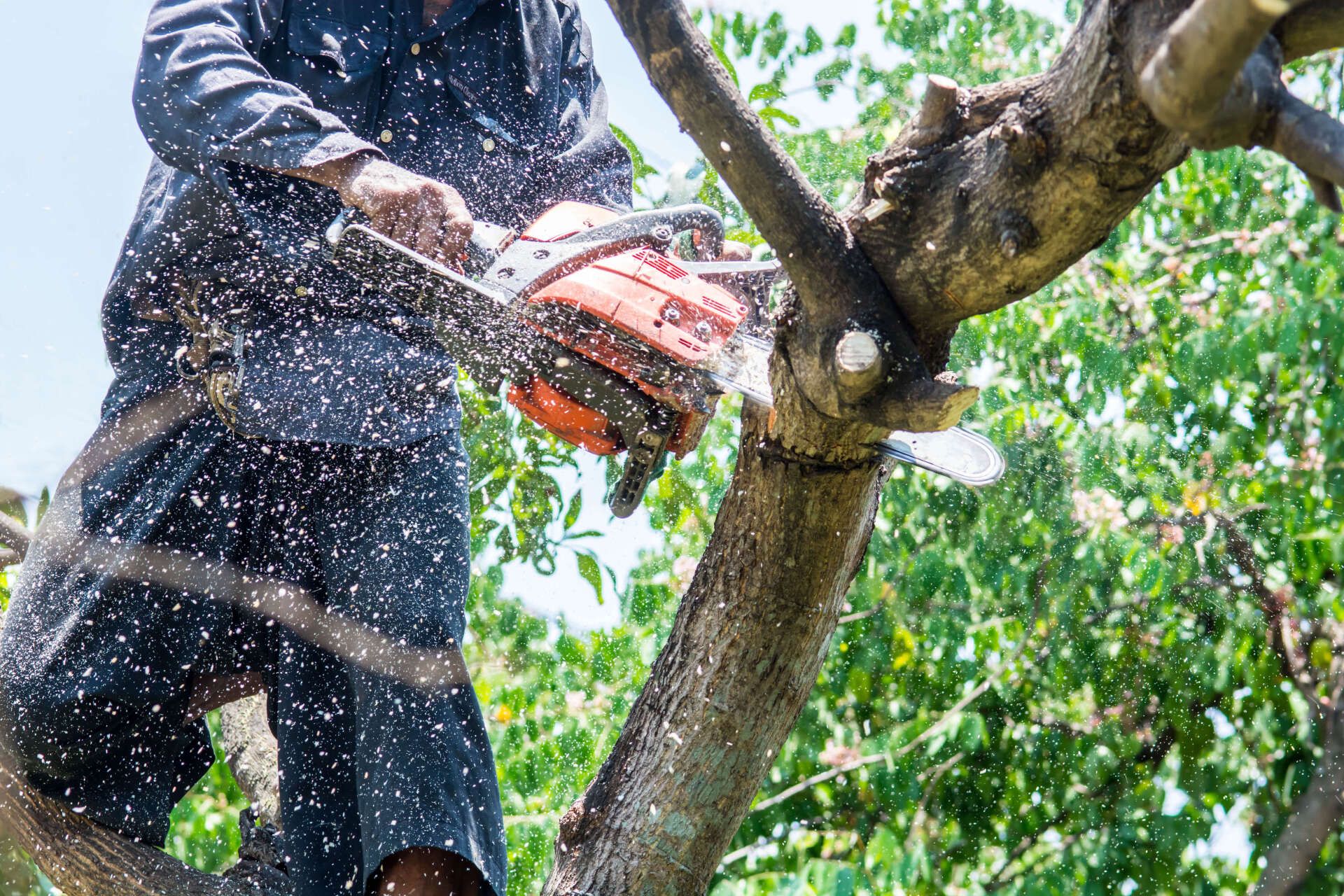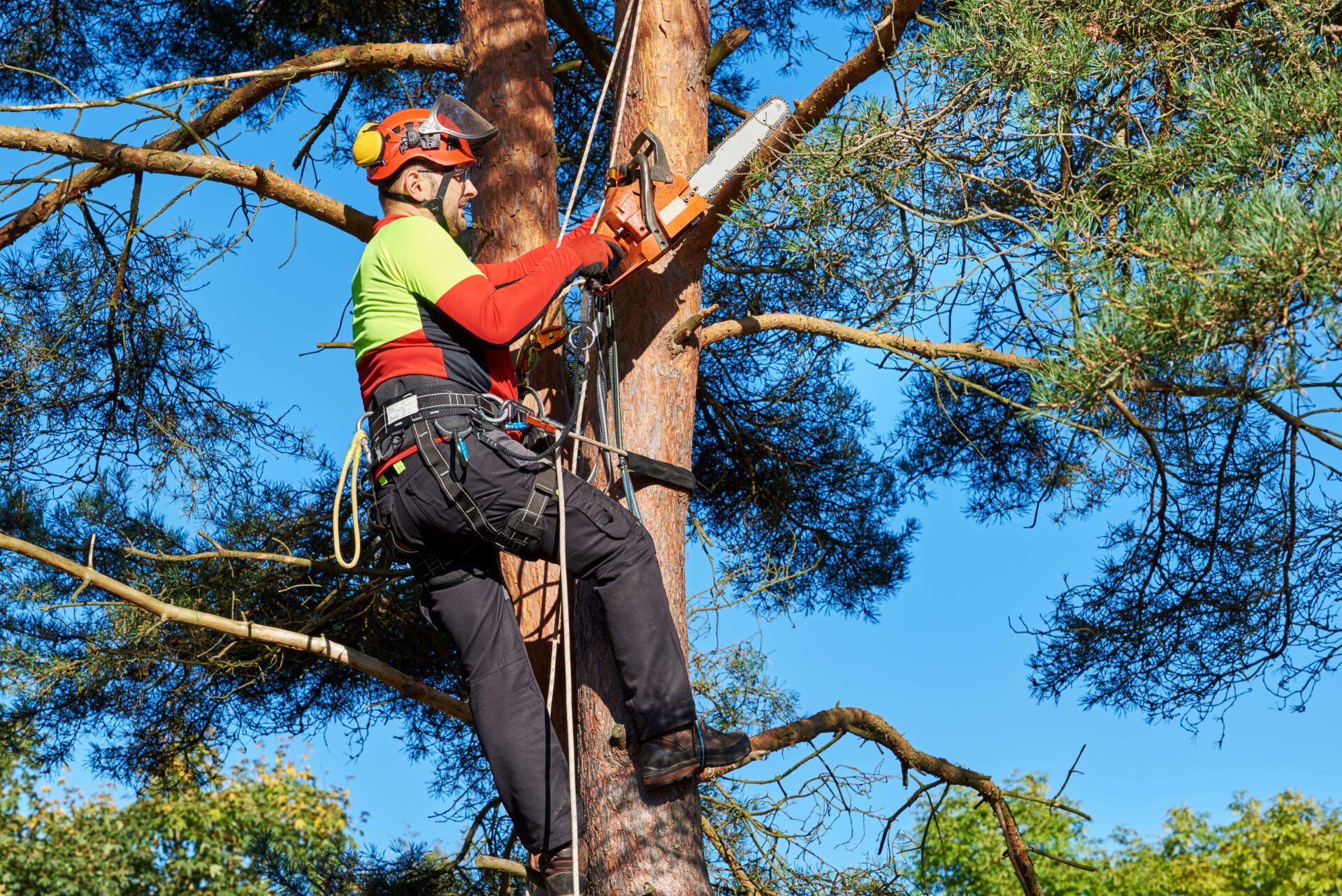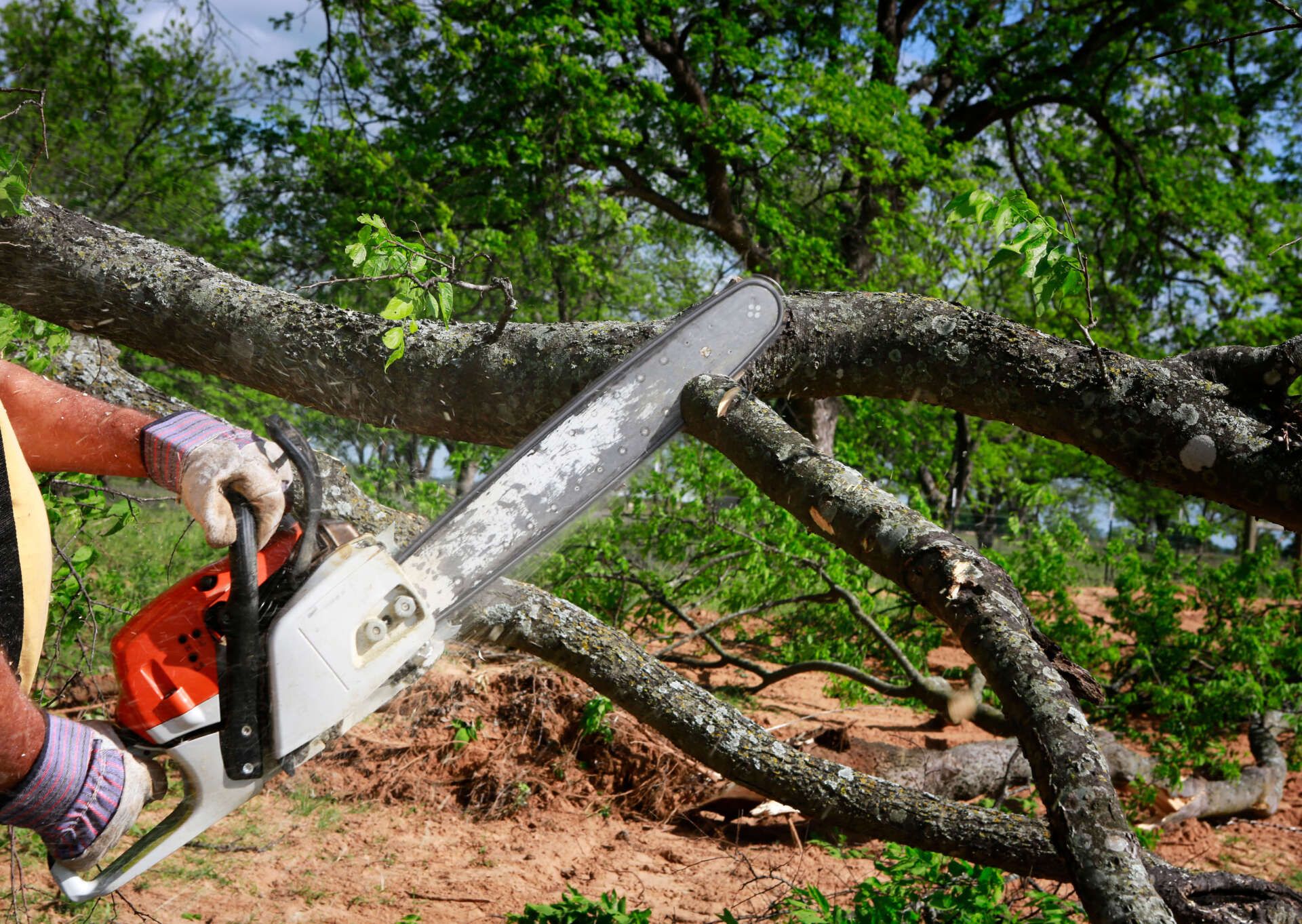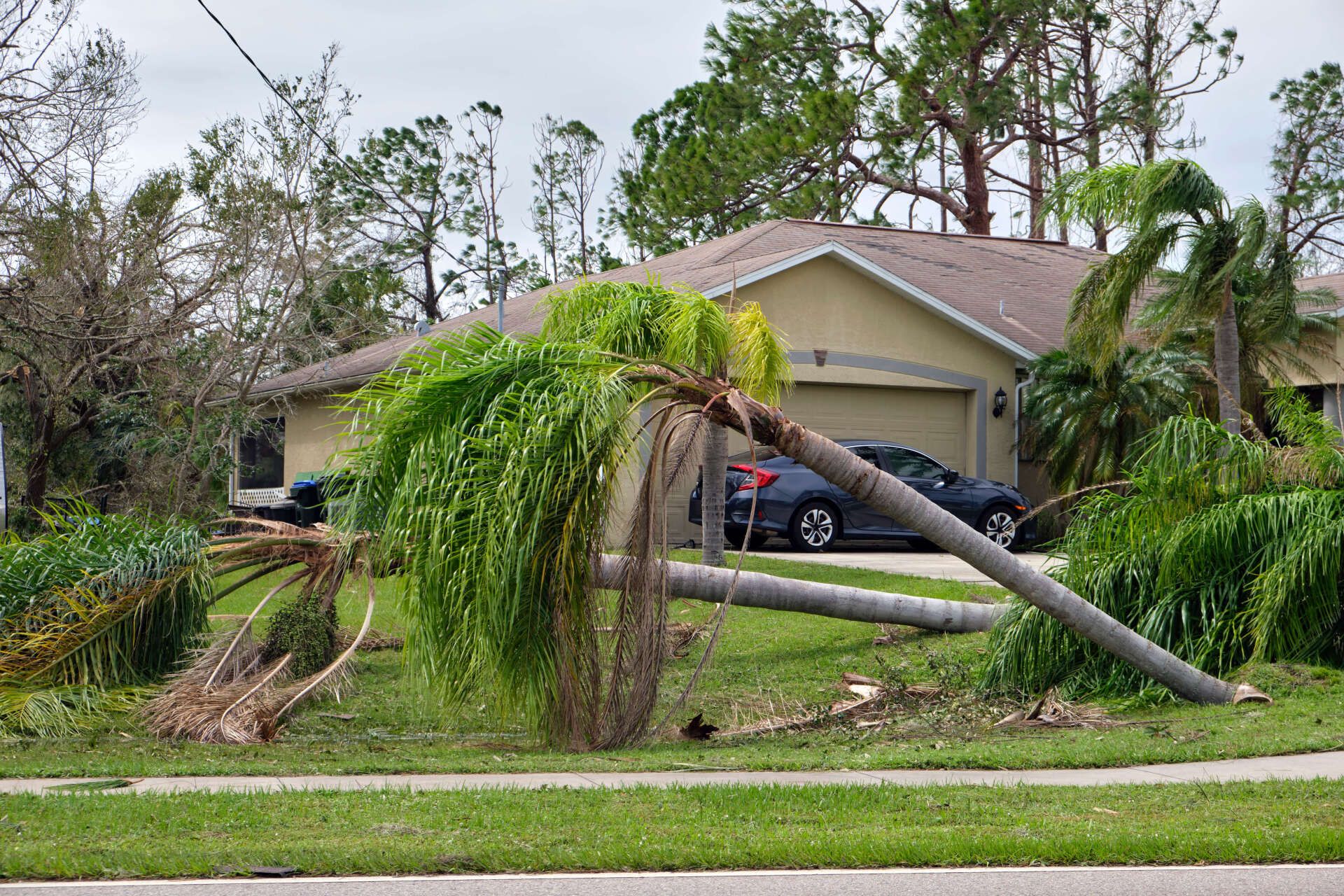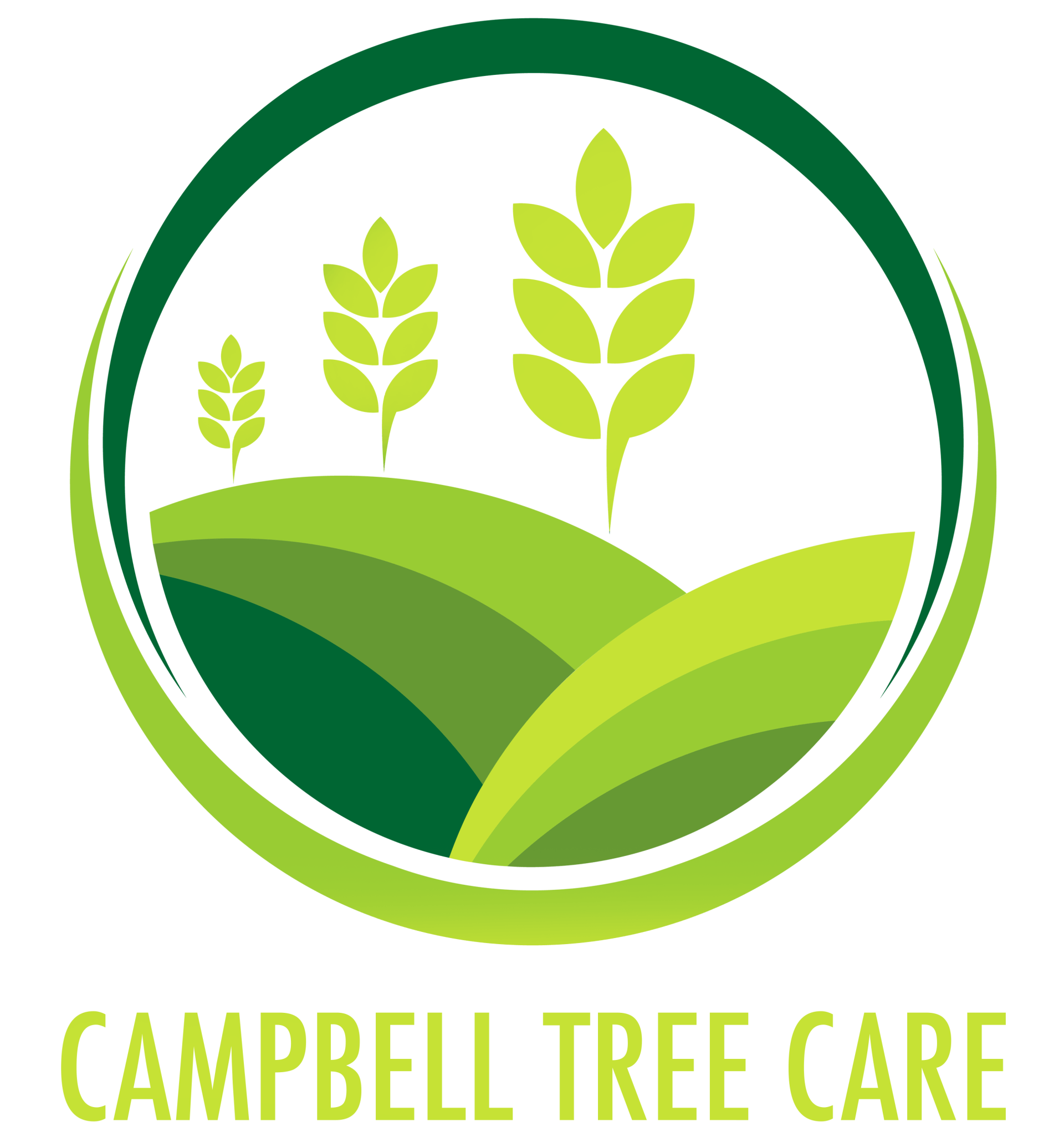The Role of Fertilization in Tree Health and Growth
As pillars of life in our natural ecosystems, trees serve as vital carbon sinks, absorbing and storing significant amounts of carbon dioxide to mitigate the effects of climate change. Beyond carbon sequestration, trees contribute to watershed protection, prevent soil erosion, and provide habitats for many wildlife, enhancing the overall ecological balance. Moreover, their aesthetic appeal and cultural significance make them essential components of our natural and societal landscapes. However, their ability to thrive and fulfill these critical functions relies heavily on implementing strategic fertilization practices. Understanding the intricate interplay between nutrient requirements, soil health, and seasonal variations is essential to ensure trees receive the necessary nourishment for sustained growth, resilience, and longevity.
In recent times, the significance of trees in urban environments has gained heightened attention due to their positive impacts on air quality and overall well-being. Urban trees act as natural air purifiers, filtering out pollutants and particulate matter enhancing our air quality. Their presence in urban settings also contributes to reduced temperatures through shading and evapotranspiration, mitigating the adverse effects of urban heat islands. By integrating strategic fertilization techniques into urban forestry management, we can bolster the health and vitality of city trees, enhance their ability to withstand the stresses of urban life and continue providing valuable ecological services and aesthetic trees benefit to our bustling urban landscapes.

Fertilizer Application For Plant Growth
Fertilization plays a pivotal role in maintaining the health and promoting the vigorous growth of trees. Liquid fertilizer, granular fertilizer are good examples what have you ever what they actually do for your plants? Understanding the intricate relationship between soil fertility, nutrient supplementation, and the specific needs of various tree species is essential for ensuring their long-term vitality and sustainability. One can significantly enhance trees' overall health and growth by comprehensively addressing the requirements for fertilizing trees, from the importance of soil testing to the application of appropriate fertilizers. Let's look at some of the vital steps in
Fertilizer Application
Amount Of Fertilizer: To begin with, the amount of fertilizer applied is a critical factor in determining the well-being of trees. A balanced combination of nitrogen (N), phosphorus (P), and potassium (K) is necessary to support optimal plant growth, as these elements contribute to various physiological processes within trees. Assessing the soil's nutritional content through comprehensive soil testing enables arborists and horticulturists to discern the specific nutrient deficiencies and formulate a tailored fertilization plan that caters to the unique requirements of each tree species.
Method Of Application: When applying fertilizers, focusing on the tree's root zone is vital, as this is where most nutrient absorption occurs. One can create an environment that fosters the proliferation of healthy root systems by addressing soil compaction issues and ensuring that the soil surface remains conducive to nutrient uptake. Additionally, early spring is an opportune time for fertilizing trees, as it coincides with their active growth period, enabling them to capitalize on the nutrient-rich environment for enhanced growth response.
Fertilizer Type: Both liquid and granular fertilizers offer effective means of supplementing essential nutrients, depending on the specific requirements of the trees. While liquid fertilizers facilitate rapid nutrient absorption, granular fertilizers provide a more sustained release, ensuring a consistent supply of essential soil minerals over an extended period. Considering the diverse needs of tree species, choosing the appropriate fertilizer treatment is crucial in fostering healthy growth and mitigating potential nutrient deficiencies. Furthermore, the judicious use of organic fertilizers can promote the development of robust and resilient trees, reducing the reliance on chemical fertilizers. Organic alternatives such as compost, manure, and mulch contribute to the enrichment of soil fertility and the sustained nourishment of the tree roots. This approach not only aids in maintaining the long-term health of trees but also fosters a sustainable and environmentally conscious approach to tree fertilization.
The Importance of Fertilizers in Plant Growth
1. Vital Nutrient Supply: Fertilizers serve as important reservoirs of indispensable nutrients such as nitrogen, phosphorus, and potassium sulfate, each playing a critical role in the intricate metabolic processes of plants. Nitrogen, a key component of chlorophyll, fuels photosynthesis, facilitating energy absorption and protein synthesis, thus promoting robust leaf and stem growth. Phosphorus, integral to adenosine triphosphate (ATP) production, supports energy-dependent cellular functions and contributes significantly to developing resilient root systems, enhancing the plant's ability to access essential nutrients and water. Additionally, phosphorus aids in genetic transfer processes, further bolstering the plant's overall vitality and resilience to environmental fluctuations.
Moreover, potassium, a regulator of essential plant physiological functions, facilitates water uptake, regulates stomatal opening and closing, and activates enzymes crucial for carbohydrate metabolism. Its pivotal role in maintaining plant turgor pressure, enhancing drought tolerance, and fortifying defenses against diseases underscores its significance in promoting overall plant vigor and resilience. The synergistic action of these nutrients, facilitated by the timely application of fertilizers, ensures that plants have the necessary elements to flourish and attain their full growth potential, contributing to sustainable agricultural practices and global food security
2. Optimized Growth and Yield: Fertilizers with their capacity to create an enriched nutrient environment, stimulate accelerated plant growth and contribute significantly to the optimization of crop productivity. By ensuring a steady supply of essential nutrients, fertilizers bolster the plant's capacity for increased photosynthesis, promoting the efficient conversion of solar energy into organic compounds necessary for plant development. This heightened metabolic activity results in the generation of healthier, more robust crops with enhanced nutritional content, vital for addressing the nutritional requirements of a growing global population and combating food insecurity on a broader scale.
Moreover, the impact of fertilizers extends beyond immediate crop yields, playing a crucial role in fostering economic stability within agricultural communities. Enhanced crop productivity, facilitated by the judicious application of fertilizers, not only boosts agricultural income but also creates opportunities for market growth and investment in rural economies. This, in turn, contributes to the development of sustainable agricultural practices, fostering resilience within local farming communities and promoting long-term food security initiatives that are essential for the well-being and prosperity of both present and future generations.
3. Soil Nourishment and Replenishment: Fertilizers, through their nutrient replenishment properties, play a crucial role in preserving and enhancing soil fertility, especially in agricultural landscapes prone to nutrient depletion due to continuous cultivation practices. By replenishing essential nutrients such as nitrogen, phosphorus, and potassium, fertilizers sustain the soil's capacity to support diverse plant species, fostering a balanced ecosystem that promotes biodiversity and ecological stability. This cyclical nourishment of the soil creates a fertile environment that not only facilitates the growth of various crops but also supports the proliferation of beneficial soil microorganisms, crucial for nutrient cycling and organic matter decomposition, thus promoting the overall health and resilience of the soil ecosystem.
Furthermore, the sustainable replenishment of soil nutrients through the strategic application of fertilizers plays a pivotal role in mitigating the detrimental effects of soil degradation and erosion, particularly in regions susceptible to land depletion and desertification. By fostering soil enrichment and bolstering its capacity to retain moisture and essential nutrients, fertilizers contribute to the preservation of arable land, essential for maintaining agricultural productivity and ensuring the long-term sustainability of food production systems. This emphasis on sustainable soil management practices underscores the vital role of fertilizers in promoting resilient agricultural landscapes that can withstand the challenges posed by climate variability and other environmental stressors, fostering a more sustainable and secure future for global food systems.
4. Enhanced Resilience to Environmental Stress: Plants fortified with well-balanced fertilization demonstrate enhanced resilience to various environmental stressors, including the detrimental impacts of drought, pests, and diseases. By ensuring a consistent supply of essential nutrients, fertilizers bolster the plant's natural defense mechanisms, fortifying cell walls and promoting the synthesis of defense-related compounds such as phytoalexins and antioxidants. This strengthened resilience mitigates the negative impact of environmental stressors on crop yields and fosters a more stable and reliable agricultural production system, essential for ensuring food security and economic sustainability, especially in regions susceptible to frequent climatic fluctuations and pest outbreaks.
Moreover, the role of fertilizers in enhancing plant resilience contributes to the overall stability of global food systems, particularly in the face of climate change and its associated challenges. By promoting the adoption of resilient agricultural practices that incorporate balanced fertilization regimes, farmers can mitigate the adverse effects of unpredictable weather patterns and pest infestations, thus ensuring a steady and secure food supply. This emphasis on bolstering plant resilience through effective fertilization strategies highlights the critical role of these practices in fortifying agricultural landscapes against the uncertainties posed by a changing climate, fostering sustainable agricultural production, and ensuring the well-being and prosperity of communities worldwide.
5. Optimized Photosynthetic Efficiency: Fertilizers, acting as catalysts for enhanced photosynthetic efficiency, facilitate the crucial conversion of light energy into chemical energy, essential for synthesizing organic compounds vital for plant growth and development. By ensuring the availability of key nutrients such as nitrogen, phosphorus, and potassium, fertilizers enable the plant's chloroplasts to function optimally, maximizing the production of glucose and other essential carbohydrates necessary for cellular respiration and structural growth. This optimized photosynthetic process fuels plant growth and contributes to plant ecosystems' overall health and vitality, promoting a balanced and productive agricultural landscape that supports sustainable food production and environmental stability.
Furthermore, the role of fertilizers in promoting efficient photosynthesis has far-reaching implications for global ecological balance and the sustainability of natural ecosystems. By fostering the production of oxygen and the sequestration of carbon dioxide, fertilizers contribute to the mitigation of climate change and the preservation of atmospheric equilibrium. This emphasis on enhancing photosynthetic efficiency through strategic fertilization practices underscores the critical role of these techniques in promoting sustainable agricultural systems, fostering environmental stewardship, and ensuring the continued well-being of both human and natural communities worldwide.
It is imperative to note that trees may face numerous challenges, including nutrient deficiencies, soil degradation, and various environmental stressors, which can impede their growth and compromise their overall health. Regularly monitoring the trees' health, conducting periodic soil samples, and assessing the presence of nutrient deficiencies are instrumental in identifying potential issues early on. By promptly addressing these concerns, one can prevent tree health deterioration and ensure trees' sustained vitality.
Conclusion
The role of fertilization in plant health and growth is multifaceted and indispensable. You can keep your woody plants and trees healthy by implementing a holistic approach that incorporates soil test, grass roots zone management, and the application of suitable fertilizers. Striking a balance between nutrient supplementation and sustainable practices is crucial in maintaining the ecological equilibrium and promoting the longevity of mature trees. With a conscientious and informed approach to tree fertilization, one can contribute to preserving our natural landscape and the thriving biodiversity it supports.
By fostering a deeper understanding of these dynamics, arborists and forestry experts can develop tailored fertilization plans that address specific nutrient deficiencies and optimize trees' overall health and vitality in different ecological settings. Furthermore, acknowledging the role of mycorrhizal fungi in facilitating nutrient absorption and enhancing root health underscores the It is the importance of promoting symbiotic relationships between trees and soil microorganisms, creating a harmonious ecosystem that supports trees' sustainable growth and resilience over time.
About Campbell Tree Care
Dedicated to the art and science of arboriculture, Campbell Tree Care is more than just a dependable tree service provider; we are your partners in nurturing and maintaining the verdant essence of your surroundings. With a comprehensive array of services ranging from precision tree pruning and hedge trimming to efficient mulching, stump grinding, and removal, we strive to meet all your tree-related needs with utmost care and proficiency. Our team, composed of seasoned experts, brings industry experience, ensuring that each task is approached with the highest level of skill and precision.
Whether it's the meticulous upkeep of your residential garden or the strategic management of a commercial landscape, we specialize in both domains, lending our expertise to ensure your trees look aesthetically pleasing and thrive in a healthy environment. Our commitment to staying abreast of the latest advancements in tree care technology and methodologies underscores our dedication to providing the best possible service. We invest solely in top-of-the-line equipment, recognizing its pivotal role in preserving any landscape's integrity and beauty. At Campbell Tree Care, we don't just trim and prune; we cultivate a harmonious relationship between your environment and the majestic trees that define it.
